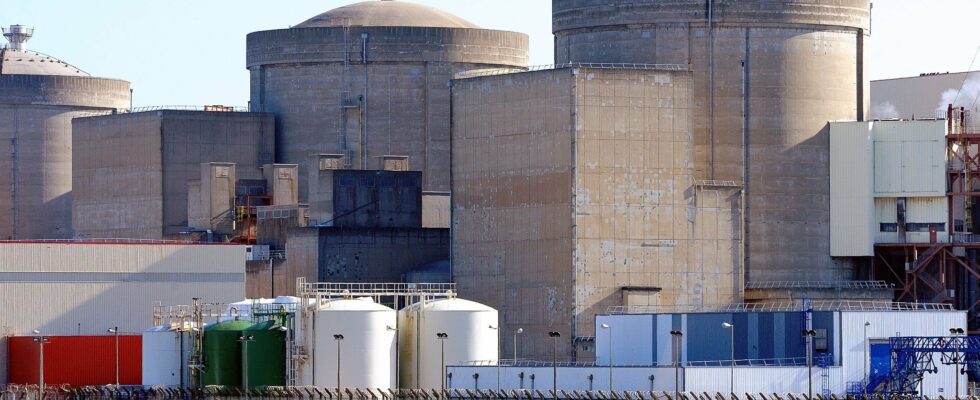Debating nuclear power, yes. But without falling into disinformation. This is the concern of the National Commission for Public Debate (CNDP) while the debates on the installation of two EPRs in Gravelines have only just begun. Previous discussions on the future installation of new reactors in Penly had left a very mixed impression. They often boiled down to a battle of figures and arguments between pro- and anti-nuclear groups, leaving part of the public unable to form an opinion. “A waste of time that brings no added value”, sums up a nuclear expert.
From now on, the words spoken by the speakers during the debates may be subject to a correction from a fact-checking unit. “After the debates on Penly, we felt a real need,” explains Luc Martin, who chairs this new phase of debates. “Contradictory scientific information was circulating. “We were at a loss,” summarizes an internal source at the CNDP.
“During a meeting on Penly, I heard that water discharges from nuclear reactors were warming the ocean or that nuclear power was not a controllable energy. These statements should have led to rapid clarifications from the CNDP. However, this was not the case,” points out Jacky Audiard, a former EDF employee who is now retired.
Having taken the criticism into account, the CNDP now wants to help sort out the truth from the lies in a strategic debate that will last four months. “I can hear this little tune that tells us that all this is useless. However, even if the political intention to move towards more nuclear power has been stated, the authorisations and impact studies are still to come. Furthermore, 60% of the projects submitted for debate or consultation in the past have been modified or cancelled,” assures Luc Martin.
After January 17, 2025, which marks the end of the debates on Gravelines, the CNDP will produce a summary report. EDF will have to provide answers to the various points raised in this document. Then, the CNDP will give an opinion on the response provided by the plant operator. Until then, the structure will try to hunt down lies and inaccuracies. It will not be easy. Ten events lasting 2.5 hours are planned, not to mention meetings with students and high school students. The CNDP teams will also meet citizens at the markets located around Gravelines. Several webinars will also be organized.
An experiment
“In a debate of this nature, there will be thousands of contributions. If everyone asked the investigation unit, it would quickly become unmanageable,” explains Luc Martin. Because it is made up of barely eleven people. Representatives with very varied profiles: France Nature Environnement (FNE), Greenpeace, Société Française d’Énergie Nucléaire (SFEN), Global Chance, Centre National de la Recherche Scientifique (CNRS)…
Jean-Raymond Wattiez, who is responsible for developing the structure, is aware of its limitations. “We don’t necessarily have the vocation to say who is right and who is wrong. And on certain subjects, there may be differences of point of view within the unit”. “It’s an experiment,” argues Luc Martin. “Our ambition is to publish a press release within two weeks when a falsehood is identified. And to ensure that the questions asked by the public receive a response from the State or the project owner”. The conclusion drawn from the checks may be accompanied by the mention “validated”, “invalidated” or “subject to caution” if the available information does not allow a definitive decision to be made.
Speaking time will also be closely monitored. In 2022, the association “Les voix du nucléaire” denounced a clear imbalance in favor of anti-nuclear activists. “People who do not yet have an opinion on nuclear power must be able to have real information to form an opinion,” believes Jacky Audiard. “During the debate on Penly, institutions capable of defending the atom, such as the IRSN for example, remained in the background, leaving a little too much free rein to opponents,” confides an observer. “In this type of exercise, the project owner and his detractors always have the impression of not having enough speaking time, comments Luc Martin. It is up to us to respect the balance.”
